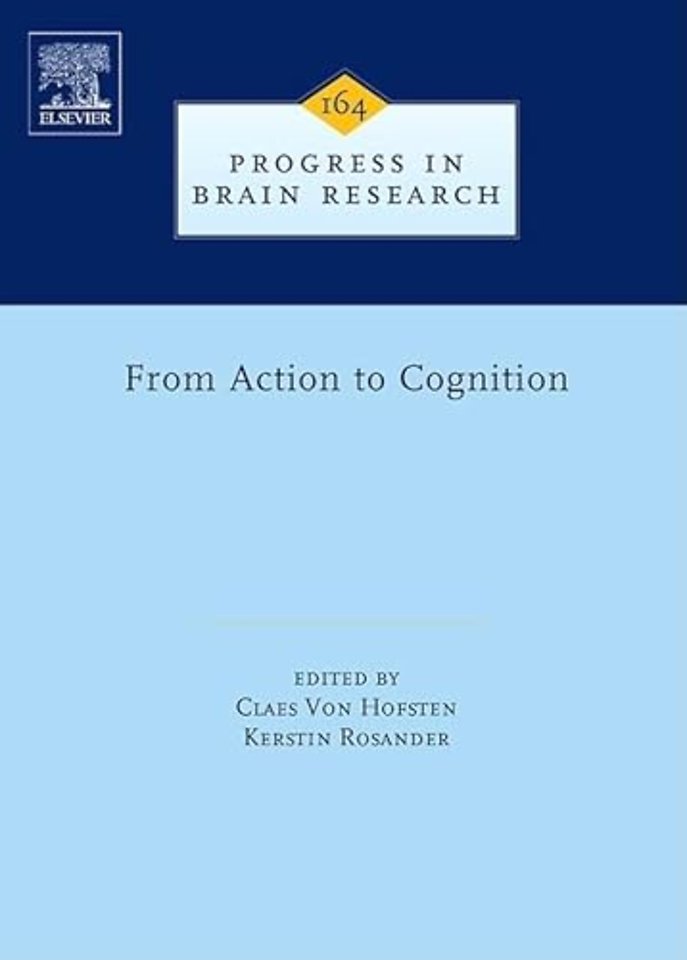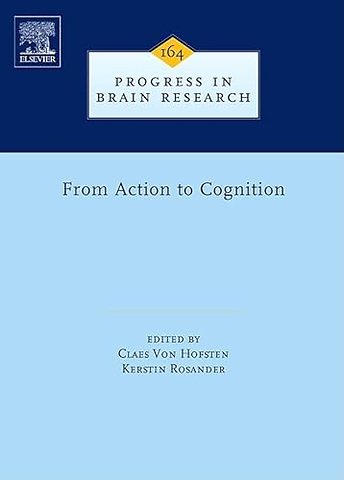1. THE STRUCTURING OF THE BRAIN<br>Unaltered development of the archi- and neocortex in prematurely born infants. Genetic control dominates in proliferation , differentiation and maturation of cortical neurons.<br>Subcortical regulation of cortical development: some effects of early, selective deprivations.<br>The mirror-neurons system: data and models.<br>Apraxia. A review.<br><br>2. THE EARLY DEVELOPMENT OF PERCEPTION AND ACTION<br>Effects of early visual deprivation on perceptual and cognitive development.<br>Visual trackaing and its relationship to cortical development. <br>Visual and visuocognitive development in children born very prematurely.<br>Development of brain mechanisms for visual global processing and object segmentation.<br>How face specialization emerges in the first months of life.<br>The early development of visual attention and its implications for social and cognitive development.<br><br>3. THE DEVELOPMENT OF ACTION AND COGNITION<br>Visual constraints in the development of action.<br>Object and event representation in toddlers. <br>Learning and development in infant locomotion.<br>Core systems in human cognition.<br>Taking an action perspective on infant’s object representations.<br><br>4. THE DEVELOPMENT OF ACTION AND SOCIAL COGNITION<br>Infants’perception and production of intentional actions.<br>The role of behavioural cues in understanding goal-directed actions in infancy.<br>Seeing the face through the eyes: a developmental perspective on face expertise.<br>Past and present challenges in theory of mind research in non human primates.<br>Infancy and autism: progress, prospects and challenges.<br>Children-robot interaction: a pilot study in autism therapy.<br><br>5. THE DEVELOPMENT OF ARTIFICIAL SYSTEMS<br>Sensorimotor coordination in a “baby robot: learning about object through grasping.<br>Emergence and development of embodied cognition –a constructivist approach using robots.

